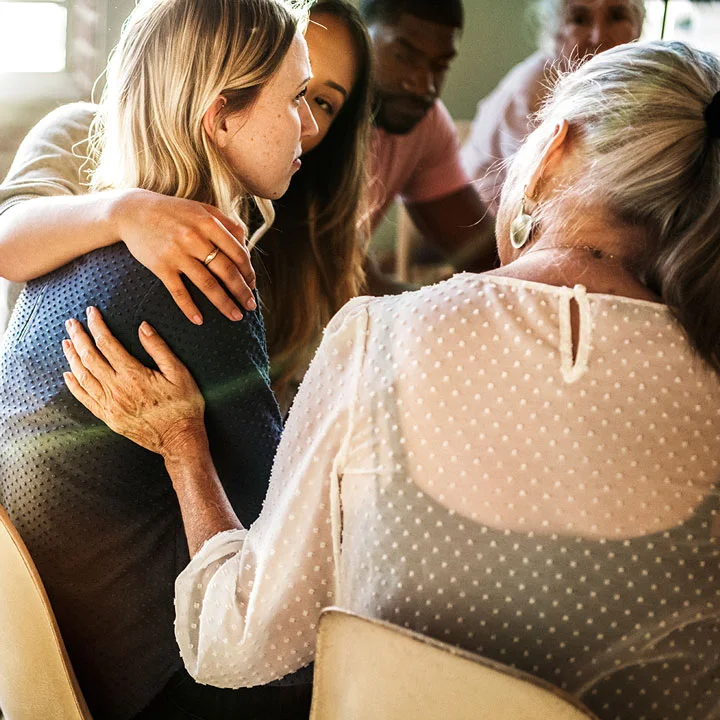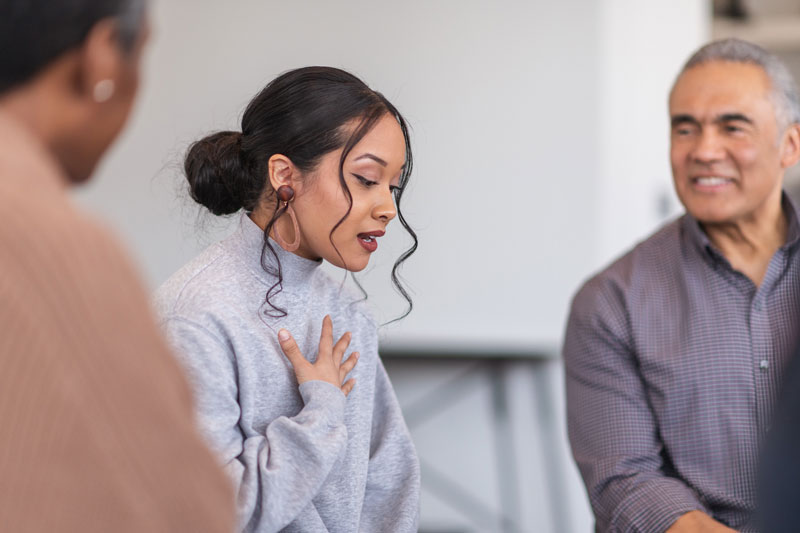Losing someone you love to homicide is a devastating, life-altering experience. The pain is unique, and it often comes with layers of trauma, injustice, and unanswered questions. In moments like these, it can feel like no one truly understands—except those who have walked this road too.
That’s why Survivors of Homicide Support Groups exist: to offer a safe, compassionate space for individuals who have lost loved ones to violence. These groups are places where your grief is honored, your story is heard, and your healing is supported—without judgment, pressure, or expectation.
The Survivors of Homicide support groups are offered so men and women can come together to share, care, and give support to others who have experienced the loss of a loved one from murder, manslaughter, motor vehicle homicide, or other violent death. Call (228) 436-3809 for information on meeting dates and locations.

What to Expect from a Support Group
In our support groups, you’ll find a community of others who understand the complex emotions that follow a violent loss. The space is designed to be confidential, nonjudgmental, and trauma-informed, facilitated by trained professionals who specialize in grief, trauma, and crisis support. Support group sessions may include:
- Sharing stories and memories of your loved one
- Talking about difficult emotions like anger, guilt, or fear
- Learning how grief and trauma affect the body and mind
- Discussing justice system experiences and frustrations
- Exploring ways to cope with anniversaries, holidays, and daily life
- Supporting one another through setbacks and healing milestones
You don’t have to speak until you’re ready. Just being present is enough.
Why Join a Support Group?
Grief can be isolating—but especially after a traumatic or violent death, it’s common to feel misunderstood, numb, or overwhelmed. Support groups can help by offering:
Validation: Your pain and experiences are real. You are not “too sensitive,” “too angry,” or “too stuck.”
Connection:Others in the group have experienced similar losses and understand in a way others may not.
Healing Tools: Learn coping strategies, grounding techniques, and grief education to help you navigate daily life.
Empowerment: Discover strength through shared stories, resilience, and community support.
Many survivors find that connecting with others in this way is one of the most powerful parts of their healing journey.
